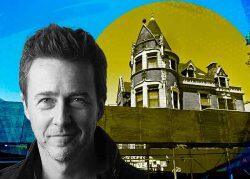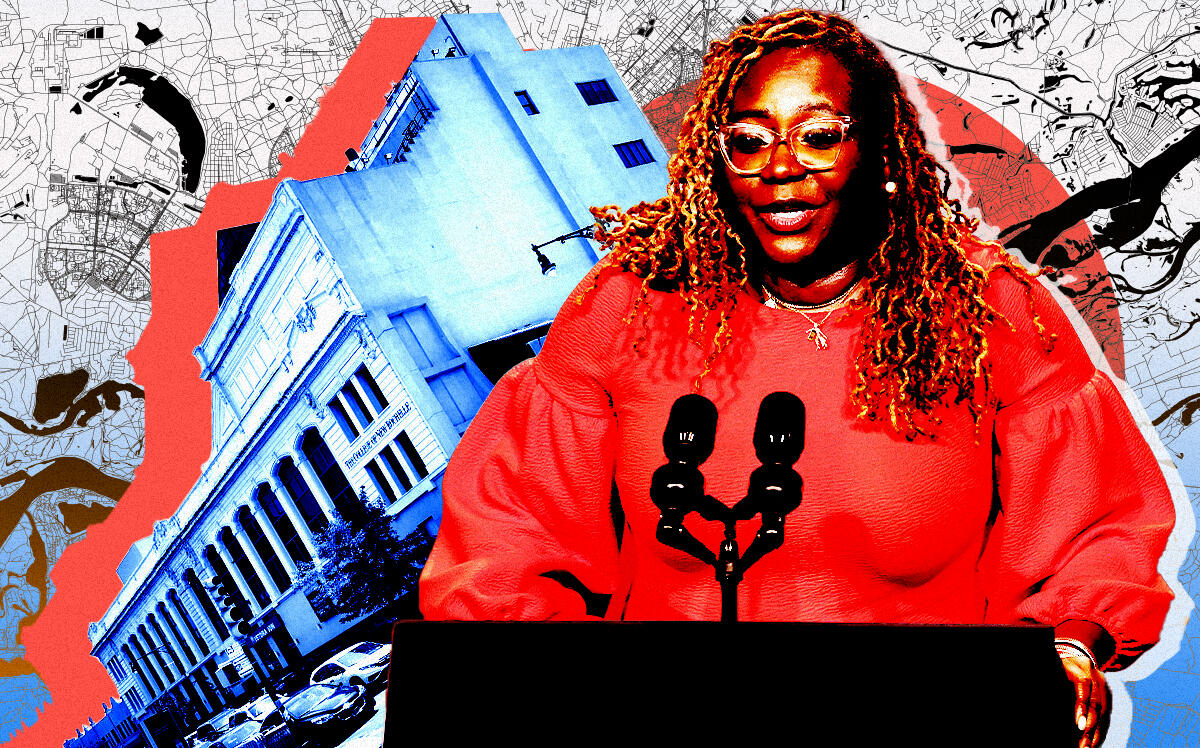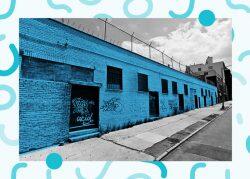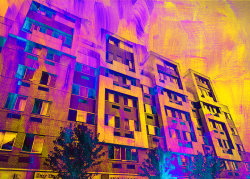 Historic Bed-Stuy mansion bites the dust
Historic Bed-Stuy mansion bites the dust
Trending
Bed-Stuy commercial project aims for 840K sf
Restoration Plaza office buildings will require rezoning

Bedford-Stuyvesant’s Restoration Plaza is slated for a big redevelopment — a bet that Brooklyn’s office market will be in demand as the city settles into a post-pandemic world.
The Bedford Stuyvesant Restoration Corporation laid out its vision for the site, on Fulton Street between New York and Brooklyn avenues, in documents filed with the Department of City Planning, The City reported.
The development calls for 840,000 square feet of commercial space for offices, educational and cultural use across three buildings. One building would be 16 stories and 245 feet high, while another would be 13 stories and 195 feet. The third would be four stories.
Totem and BJH Advisors are involved.
The existing structures on the site were built in the 1970s and are roughly half the size of what’s proposed. But the community development corporation’s top executive said by building up instead of out, the plan would maintain the plaza.
Read more
 Historic Bed-Stuy mansion bites the dust
Historic Bed-Stuy mansion bites the dust
 William Vale developer Zelig Weiss plans resi project near Navy Yard
William Vale developer Zelig Weiss plans resi project near Navy Yard
 Brooklyn investors pay $49M for Bed-Stuy rental complex
Brooklyn investors pay $49M for Bed-Stuy rental complex
The 300,000-square-foot Restoration Plaza largely houses local businesses, nonprofits and government offices. There’s also a supermarket and the Billie Holiday Theatre.
Blondel Pinnock, president of the Bedford Stuyvesant Restoration Corporation, told the City that the project echoes the goals of the Brooklyn Navy Yard, which was reinvented as a nonprofit, tech-centric business campus.
The Bed-Stuy redevelopment was announced in 2019. Famed architect David Adjaye was tapped to design it.
The redevelopment has some political obstacles to surmount. Most of the block will need to be rezoned, which means the community board, borough president, City Planning Commission and City Council will get a say, with the local Council member, Chi Ossé, ultimately controlling its fate. The project also needs a special permit to waive height and setback regulations.
Construction is expected to unfold in phases, beginning with the 13-story building. The first phase is expected to cost $150 million to $175 million. The city has committed $50 million toward the project.
The Super FoodTown on Brooklyn Avenue won’t be displaced during construction, and will relocate to New York Avenue once the first building is complete. The project is expected to take eight years.
— Holden Walter-Warner




